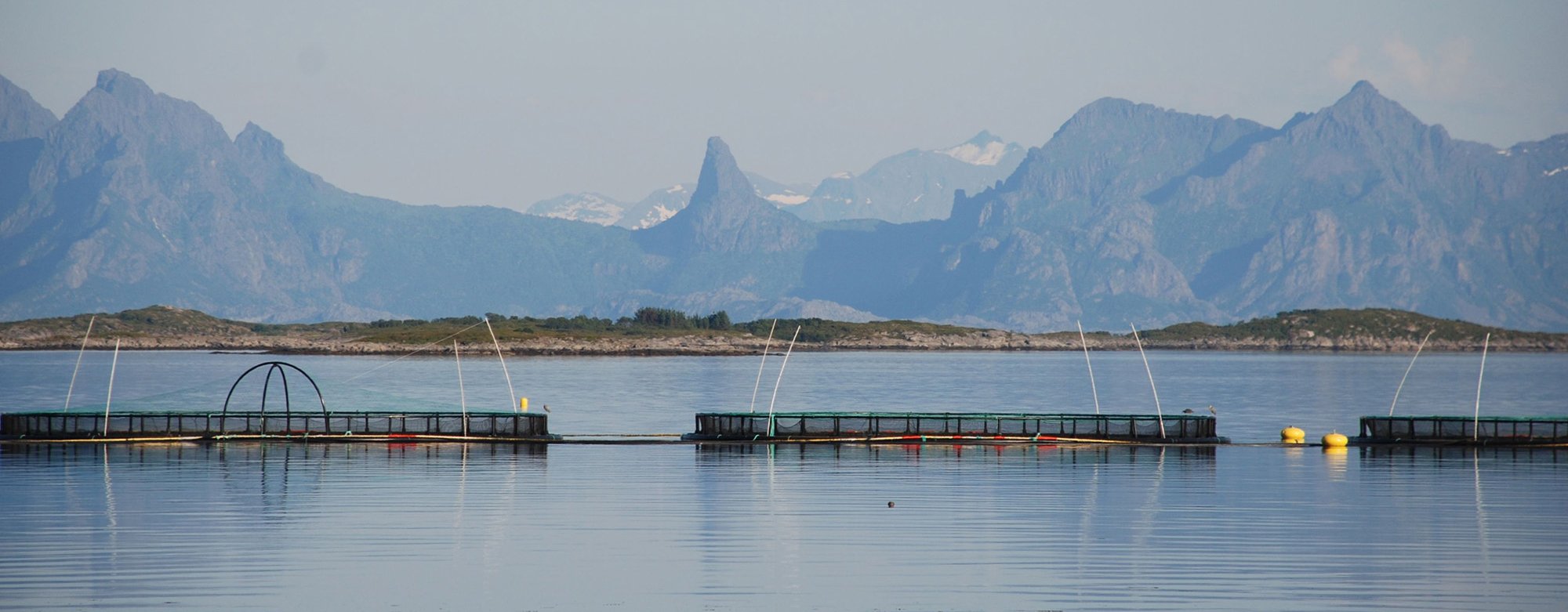Coastal zone management

Foto: Elin Rose Myrvoll, NIKU
How can we best use and take care of our coast? In many areas, finding a good answer to this question is a complex issue. Through research, we aim to improve coastal zone planning so that it can better take into consideration the various interests within the area.
Globally, increasing pressure is being exerted on coastal ecosystems, areas and waters. Much of the development in industry, tourism and urban growth is taking place in coastal areas. New ways of using, protecting and harvesting value from coastal areas and the natural environment have created conflict between different interest groups in local, national and global contexts.
In many parts of the world, waste is released into the same coastal waters where seafood and other products are harvested. There is also a need to conserve biodiversity and preserve the cultural heritage and landscape of coastal areas. Similarly, coastal zones are vulnerable to climate change, and authorities need to plan how they can adapt measures to tackle this problem.
In Norway, newer activities such as tourism and recreation, the preservation of habitats or cultural heritage sites, aquaculture, and industries such as power generation or mining, increasingly compete with traditional interests, such as fisheries. Competition for coastal resources will intensify and, as a consequence, so too will disputes over conflicting interests in the coastal zone. This demonstrates that there is an ever greater need for coordination in the planning process.
In Coreplan, we address the need to manage the coastal zone by taking into consideration the different interest groups in an integrated and sustainable manner. We will examine methods for assessing the value of the various benefits obtained from the natural environment – or ecosystem services – and find ways to integrate this into spatial planning. The purpose of this work is to improve the management of Norway’s coastal zone.
Challenges in Norway’s coastal zone
The management system for Norway’s coastal zone must take a number of challenges into consideration:
- Responsibility for coastal planning is shared between planning authorities at national, regional and local level.
- Those responsible for controlling various natural resources belong to different sectors and are subject to different laws and regulations. It is unclear whether the current municipal reform will affect the frameworks for planning and managing the coastal zone.
- Traditionally speaking, the involvement of people in the management and planning processes has been through organized local interest groups, such as fishermen, farmers, landowners, etc. With the growing number of international actors in the coastal zone, multinational corporations and international environmental organizations are also becoming involved in various planning processes.
- The trend is for private companies, such as aquaculture farms or mining waste depots, to acquire exclusive rights to marine areas as well as rights to harvest wild marine species (quotas). An increase in the market value of such exclusive rights may affect the position of licensees in coastal planning and management.
- The effects of climate change, such as rising sea levels, erosion and more extreme weather conditions, can affect risk assessments of housing, infrastructure, cultural heritage sites and industrial buildings in the coastal zone. Climate change also affects ecosystems and the habitats of commercially-harvested marine species.
These challenges are addressed in the Coreplan project. Based on knowledge gained in the project, we will create scenarios that incorporate both scientific and local ecological knowledge.

